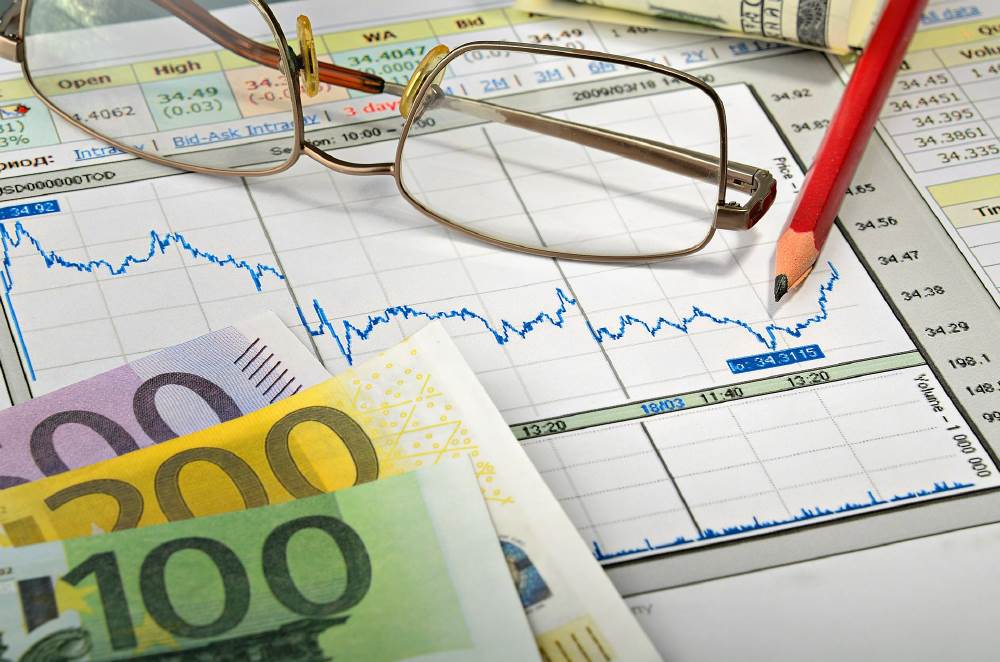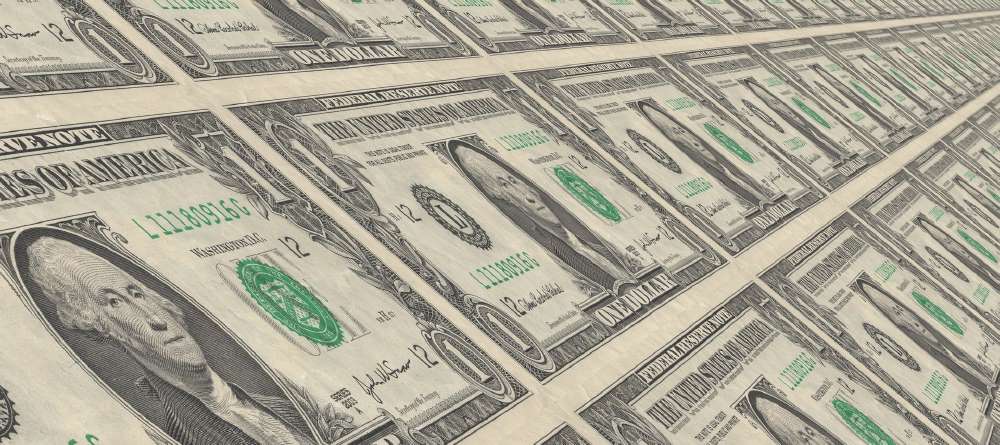The euro posted modest gains against the US dollar on Wednesday, although upside was limited after international investment bank Goldman Sachs lowered the common currency’s near-term forecast.
The EUR/USD advanced 0.15 percent to 1.1360, stopping well short of the 1.14 level. The pair faces near-term support at 1.1301 and resistance at 1.1372. The EUR/USD has plunged more than 17 percent year-on-year. The pair was trading closer to 1.40 last spring.
The euro was also trading near seven-year lows against the British pound. The EUR/GBP fell 0.11 percent to 0.7331, rebounding from an intraday low to 0.7314.
The common currency has been mired in economic and political turmoil stemming from plunging inflation, violence in Ukraine and a deepening Greek crisis.
As Athens struggles to make whole on its campaign promise that Greeks could have the euro without the “cruel” austerity tied to bailout reforms, the newly elected Syriza party could face a political backlash. While the European Commission accepted the validity of Greece’s recently proposed reforms, the European Central Bank and International Monetary Fund publicly disclosed their displeasure with the lack of details in the plans.
“The commitments outlined by the authorities differ from existing program commitments in a number of areas,” ECB President Mario Draghi said in a letter to Eurogroup head Jeroen Dijsselbloem.
Greece slipped back into contraction in the fourth quarter, as the country’s deteriorating climate has added another layer of complication to ongoing bailout talks.
The ongoing Greek bailout crisis likely factored into Goldman Sachs’ latest forecast for the euro. Goldman now sees the common currency at 1.12-1.13 US over the next three months, down from a previous forecast of 1.14. The euro is expected to fall to 1.10 in the next six months, down from a previous forecast of 1.11. The euro will then plunge to 1.08 in a year’s time.
A plunging euro boosted Germany in the fourth quarter, as the bedrock of the Eurozone economy expanded more than twice the rate of forecast. Germany’s GDP expanded 0.7 percent in the final three months of 2014, up from 0.1 percent the previous month. Year-on-year, this translated into an annualized gain of 1.6 percent. Euro area growth averaged 0.3 percent in the fourth quarter, official data revealed earlier this month.
Eurozone consumer prices declined at an annual rate of 0.6 percent in January. Deflation was steepest in Greece, while almost all Eurozone countries experienced negative rates. The European Commission next week is expected to report an even steeper fall for February.
MKTPlace is a leading digital and social media platform for traders and investors. MKTPlace offers premiere resources for trading and investing education, digital resources for personal finance, news about IoT, AI, Blockchain, Business, market analysis and education resources and guides.













